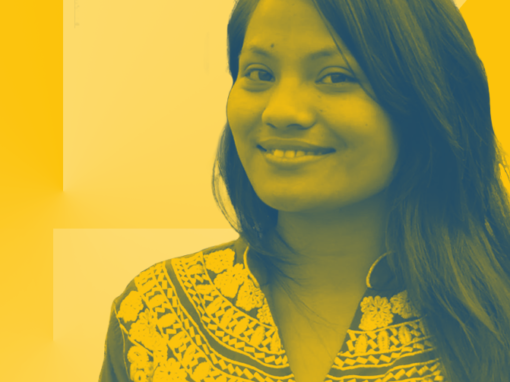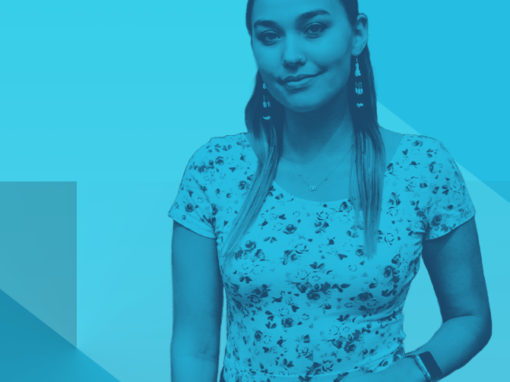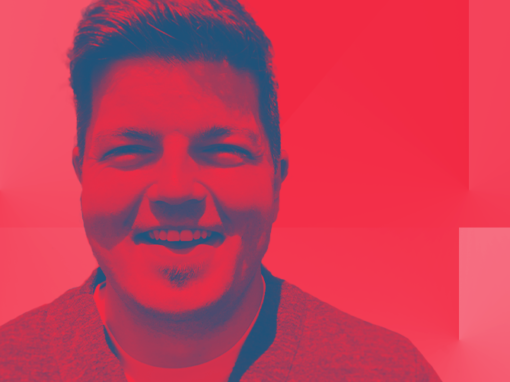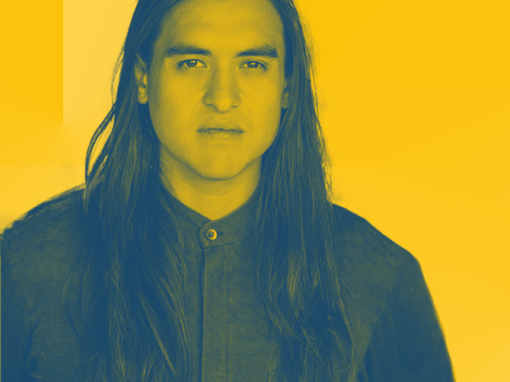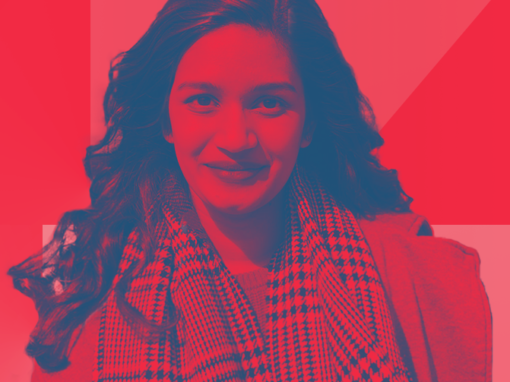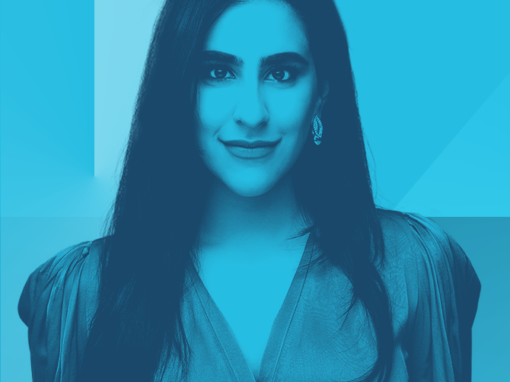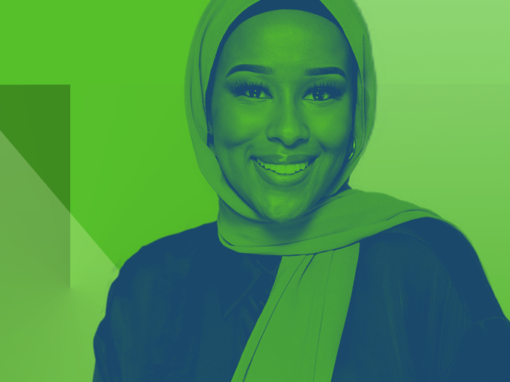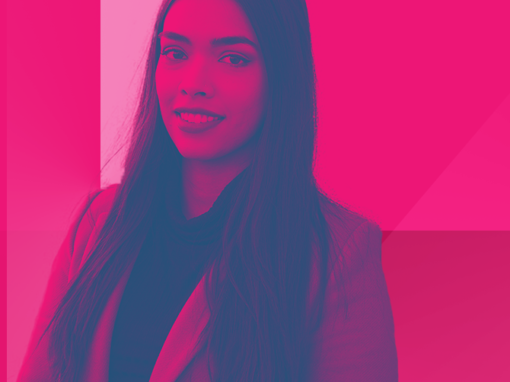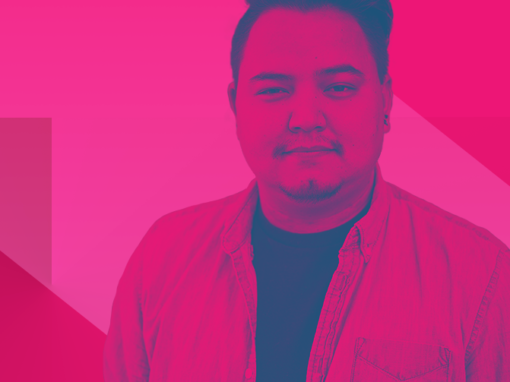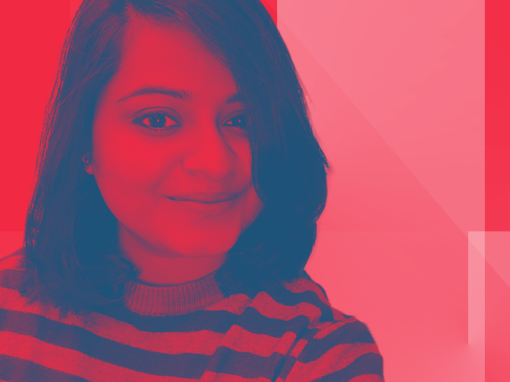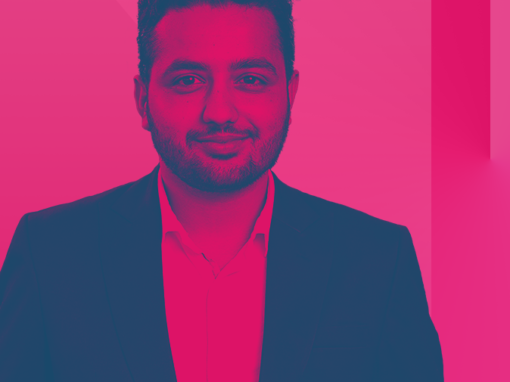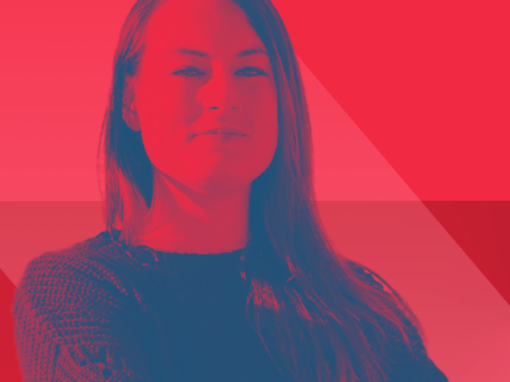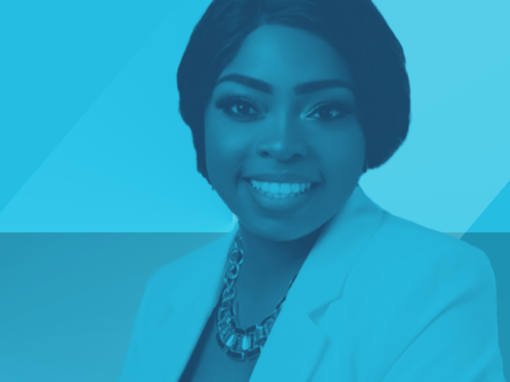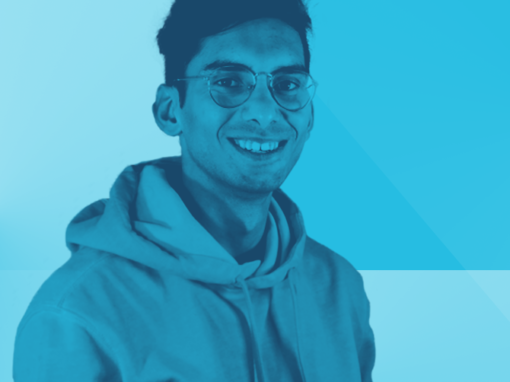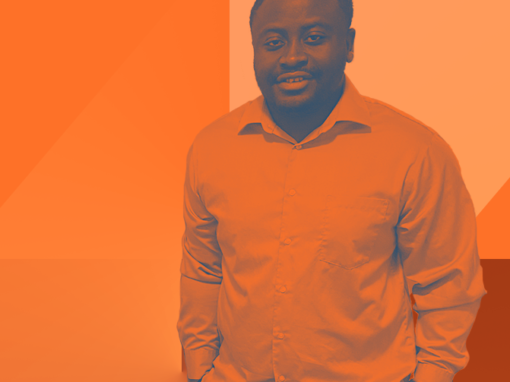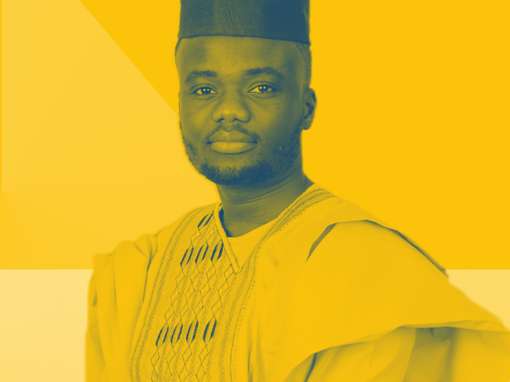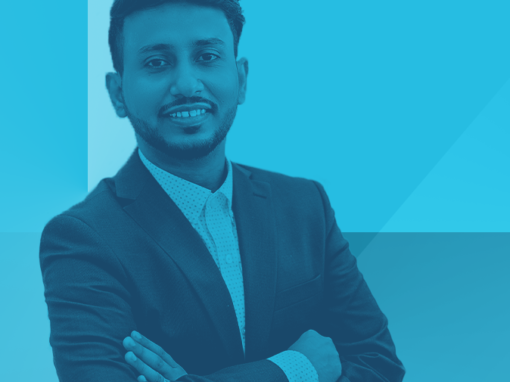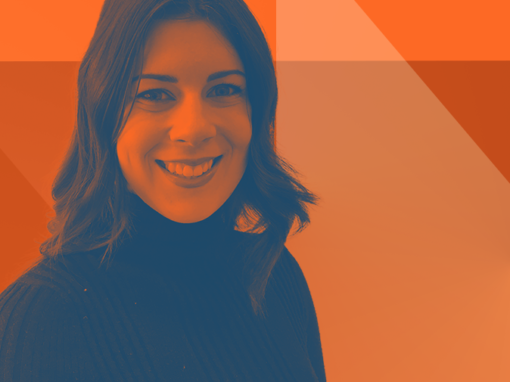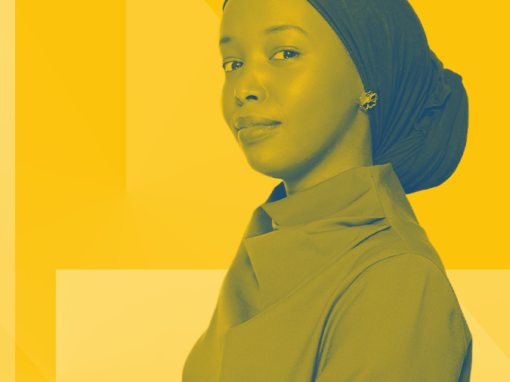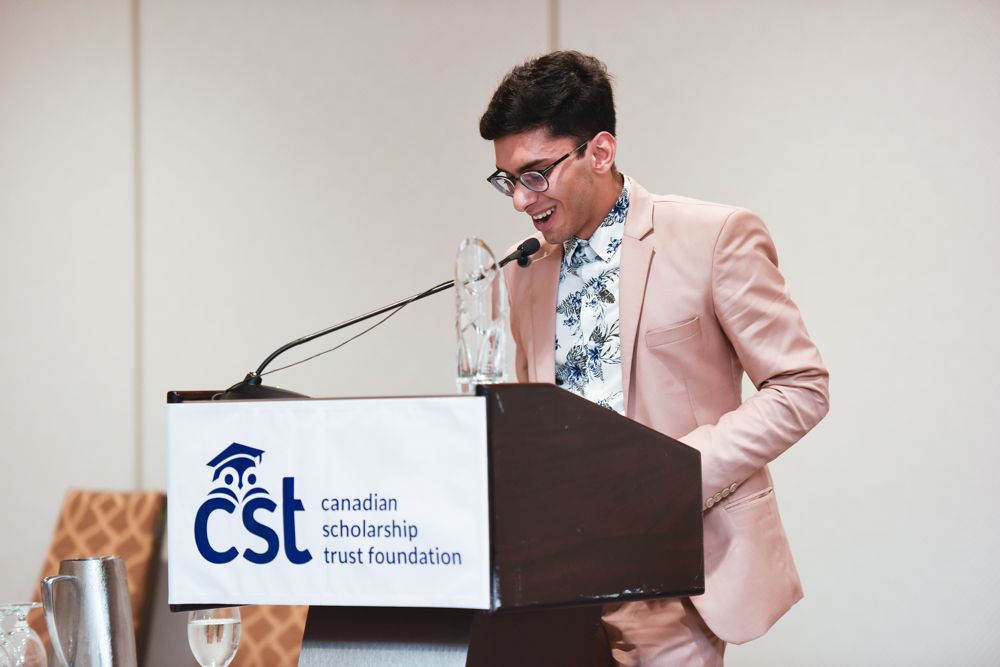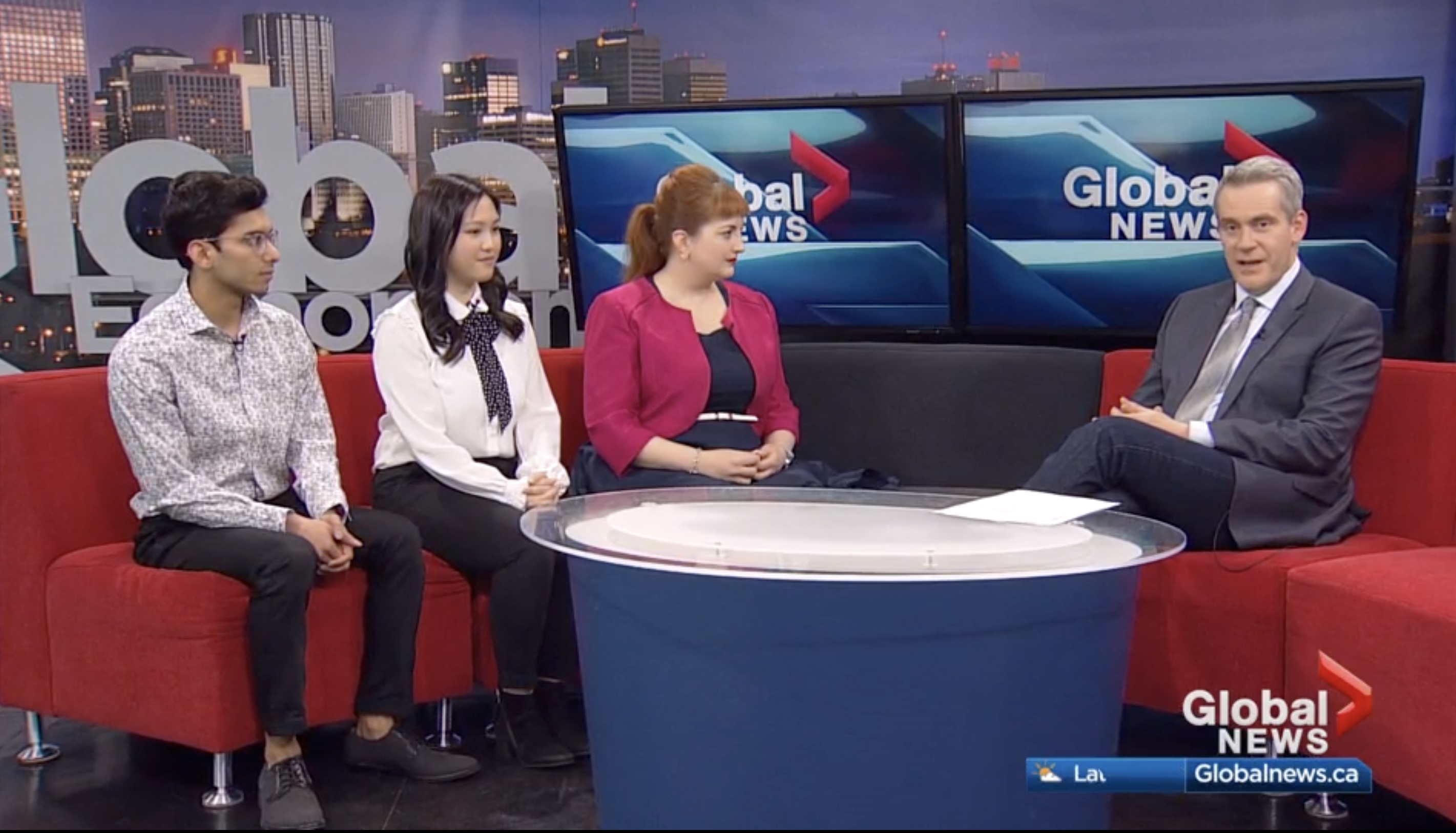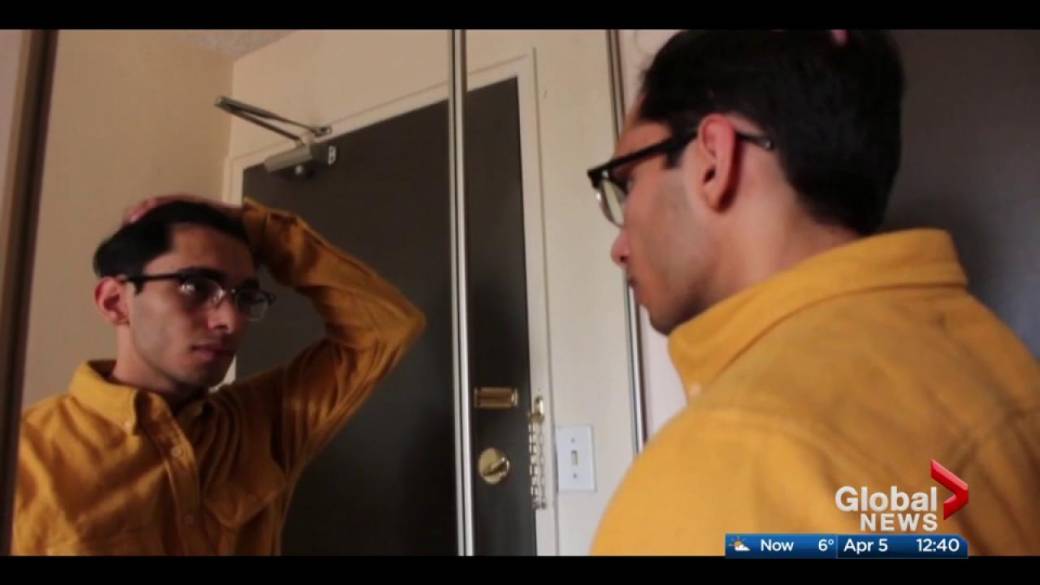“It’s time we all recognize that we cannot solve health problems without addressing class, gender, and race inequities, and that we must organize as one to challenge these inequities.”
Muhammad Khan
2021 Top 30 Under 30
About
Age: 23
Hometown: Fort McMurray, Alberta
Current Residence: Edmonton, Alberta
Organizations:
- Intimate Partner Violence Project: University of Alberta
- Decolonizing Health Club: University of Alberta
- Nisa Homes: Edmonton
- MAX Mentors: Edmonton
- PedsCases
Sustainable Development Goals (SDGs) I am most passionate about:
How are you working towards the Sustainable Development Goals?
I am a second-year medical student at the University of Alberta and am passionate about fighting systemic oppression, particularly its manifestation as health inequities. To do so effectively, I aim to centre my care around a social medicine framework, through educating myself on the social and economic conditions that lead to illness as well as working directly with the most affected communities to better serve and empower them.
I am working towards this goal by developing tools to empower my own communities, through leading a mentorship program for young Muslim professionals in Edmonton, many of whom are from underserved backgrounds, and helping establish a transitional home for Muslim women who are survivors of intimate partner violence. At my medical school, I am working to promote equity in medical education through leading a project on integrating intimate partner violence education into our curriculum, creating a podcast series to better understand the mental health of refugee children, and leading Decolonizing Health, a student club aimed to start conversations on the structural and systemic causes of health inequities. By and large, I look to shape my medical practice through an internalization of Martin Luther King Jr.’s declaration that, “of all the forms of inequality, injustice in healthcare is the most shocking and inhumane.”
THERE ARE LESS THAN 10 YEARS LEFT UNTIL THE 2030 DEADLINE FOR ACHIEVING THE SUSTAINABLE DEVELOPMENT GOALS (SDGS). WHAT ISSUE DO YOU FEEL IS IMPORTANT TO ADDRESS NOW MORE THAN EVER?
Our healthcare system is falsely claimed to be universal. Although in some ways it serves a large majority, in other ways it leaves wide enough cracks for many to slip through, with some of the most glaring gaps being the lack of universal mental health care, dental care, pharmacare, and other critical health services. Despite the growing public demand for a more comprehensive healthcare system, we have not inched any closer to this goal. Unsurprisingly, these gaps disproportionately affect individuals from racialized and socioeconomically disadvantaged backgrounds — communities that have been always systematically ignored. Now, more than ever, especially given the public health crisis brought on by COVID-19, we need a robust and equitable healthcare system.
Beyond the clear deficiencies in our healthcare system, it is inconceivable that we can eliminate health inequities without addressing broader societal issues that directly affect health, even more so than the healthcare system itself, such as adequate and affordable housing, guaranteed employment, clean air and water, social programs, and other basic necessities. COVID-19 has already exposed the fragility of our systems and how interdependent we truly are, as this crisis can only be overcome by working together and caring for everyone, including those most vulnerable in our society. Since pandemics like this one are only going to increase in frequency given the impending climate crisis, there is an urgent need to create an equitable healthcare system and take a more holistic approach to reduce the impact of future crises on societal health and wellbeing.
What needs to be done now?
To build a better healthcare system, we all need to organize together both on the electorate and the community level. We need to build, join, and strengthen local grassroots movements that are able to mobilize support for politicians who will fight to strengthen our public healthcare system, and also willing to hold these politicians accountable once they are in office. These movements must concurrently focus on uplifting our communities and building capacity among all of its members, as change will only come when ordinary people are empowered and realize that the power for societal change has and will always lie within them.
Ultimately, these movements must be centred on a deep and radical love for all of humanity in order to ensure that they are sustainable and remain driven to demand a better future for everyone and not just in healthcare, but in all aspects of life.
More Top 30s from 2021

